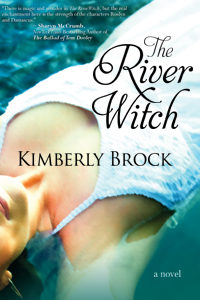When Inspiration Finds You, Pounce on it!
Alright, I’ll admit it: I didn’t start out liking steampunk. When The Difference Engine came out, I just didn’t get it. I mean, Charles Babbage’s Difference Engines actually working, much less changing Victorian society? I didn’t buy it. Looking back, I think I just didn’t like alternate history, as I found other, similar novels off-putting.
But as I grew, I watched the steampunk movement grow too, hand in hand with the burgeoning maker community. At the same time I started attending the Maker Faire and admiring all the amazing contraptions our modern independent inventors were coming up with, I started noticing more and more steampunk costumes expressing the same kind of gutsy do-it-yourself, throw-it-all-together flair.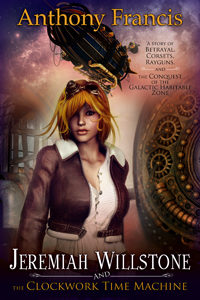
It all came together for me at Dragon Con 2009, where from the very first day I encountered a cavalcade of steampunks in amazing costumes – men with coffee blasters, women with clockwork wings, a young female soldier with a gearwork gatling gun incongruously grabbing a burrito at Willy’s in the food court.
And every costume was covered with brass, gears, and goggles! Now, I started out writing Larry Niven-style hard science fiction, so I asked myself the question: what would make the technology used by steampunks so different from our own? And as soon as I asked that question, I was hooked.
The brass? Clearly they’d invented some lightweight supermaterial with a brass finish. The gears? Clearly they used clockwork computation (damn it, you win, William Gibson!) And the goggles? Why, of course, to protect their eyes from the ultraviolet rays—nay, the period-appropriate actinic rays—of their rayguns!
And the female soldier? Well, that was a harder nut to crack, given the attitudes of the Victorians, but soon I found the answer. Women’s liberation actually started in the early eighteen hundreds, promoted by Mary Wollstonecraft, the mother of Mary Shelley—but when Wollstonecraft died in childbirth, her movement died with her.
But what if antibiotics had been discovered in the seventeen hundreds?
Then it all fell into place. In my steampunk world, Mary Wollstonecraft survived. Women’s liberation flourished in the early eighteen hundreds, and women flooded the sciences. Many other scientists who died young in our world also survived because of antibiotics. With more than twice as many brains working on hard problems, their world became more advanced in 1908 than our world is today.
And that’s the world Jeremiah Willstone was born into … and the world of the Clockwork Time Machine.
I hope you have fun there!
Pick up Anthony Francis’s newest title – JEREMIAH WILLSTONE AND THE CLOCKWORK TIME MACHINE today! Available at these retailers:
Amazon: http://amzn.to/2lhOxeD
Kobo: http://bit.ly/2ld3m1T
Barnes and Noble: http://bit.ly/2lLRS9m
Google: http://bit.ly/2mhT3uK
About the Author:

By day Anthony Francis studies human and other minds to design intelligent machines and emotional robots; by night he writes fiction and draws comic books at the collision point of hard science and pure fantasy. He was inspired to study artificial intelligence by Douglas Hofstadter, to become a writer by Isaac Asimov, and to write urban fantasy by Laurell K. Hamilton and Richard P. Feynman. He got his Ph.D in AI and his brown belt in Taido from Georgia Tech; he currently supports his out-of-control reading and writing habits by working at the Search Engine That Starts With a G. Anthony lives in San Jose with his wife and cats but his heart will always belong in Atlanta.






 IT PROBABLY HELPS TO BE A FEW FRIES SHORT OF A HAPPY MEAL
IT PROBABLY HELPS TO BE A FEW FRIES SHORT OF A HAPPY MEAL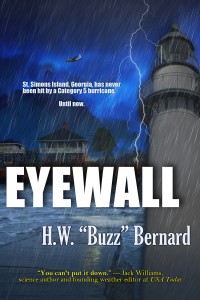
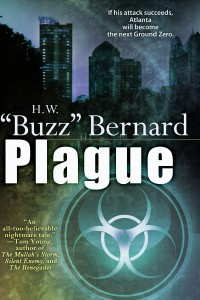
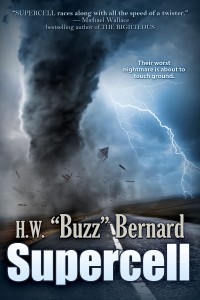
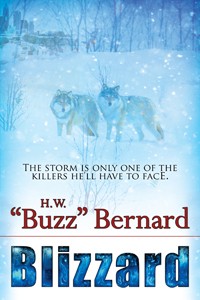
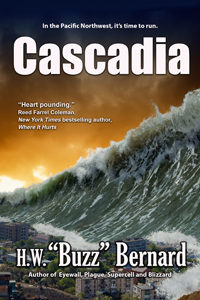


 Walking the Story
Walking the Story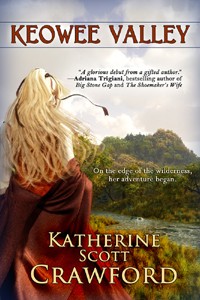

 by H.W. Buzz Bernard
by H.W. Buzz Bernard

 BEGINNINGS
BEGINNINGS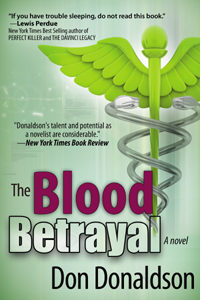




 Regency Sea Travel 101
Regency Sea Travel 101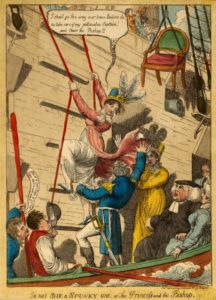
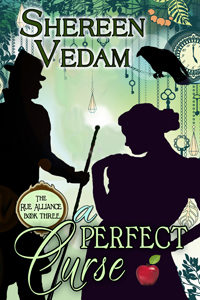


 Meet My Hero
Meet My Hero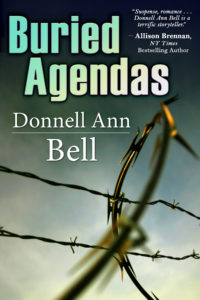





 Summertime, and the reading is easy!
Summertime, and the reading is easy! change into a swimsuit and coverup, and grab some breakfast, after which we head back down to the beach, armed with chairs, an umbrella, and books, books, books! My husband loves biographies, narrative history, and thrillers, many of which he buys in hardcover (which makes our beach tote bag weigh a ton.) I prefer women’s fiction, romances, and mysteries—the same genres I write—and I read them on my Kindle. Of course, this means I can bring hundreds of books down to the beach with me, all stored on my lightweight reading device.
change into a swimsuit and coverup, and grab some breakfast, after which we head back down to the beach, armed with chairs, an umbrella, and books, books, books! My husband loves biographies, narrative history, and thrillers, many of which he buys in hardcover (which makes our beach tote bag weigh a ton.) I prefer women’s fiction, romances, and mysteries—the same genres I write—and I read them on my Kindle. Of course, this means I can bring hundreds of books down to the beach with me, all stored on my lightweight reading device. pig-outs; our inn is a short walk from a fabulous ice-cream parlor), my favorite part of vacation is sitting on the beach and reading. I slide my chair into the umbrella’s shade, dig my toes into the sand, and gorge on books. My definition of bliss!
pig-outs; our inn is a short walk from a fabulous ice-cream parlor), my favorite part of vacation is sitting on the beach and reading. I slide my chair into the umbrella’s shade, dig my toes into the sand, and gorge on books. My definition of bliss!



 old TV show called St. Elsewhere: “Death ends a life, it doesn’t end a relationship.”
old TV show called St. Elsewhere: “Death ends a life, it doesn’t end a relationship.”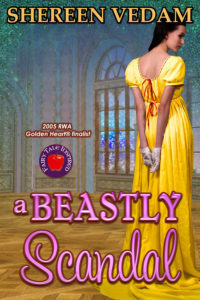



 Look Away, Away
Look Away, Away